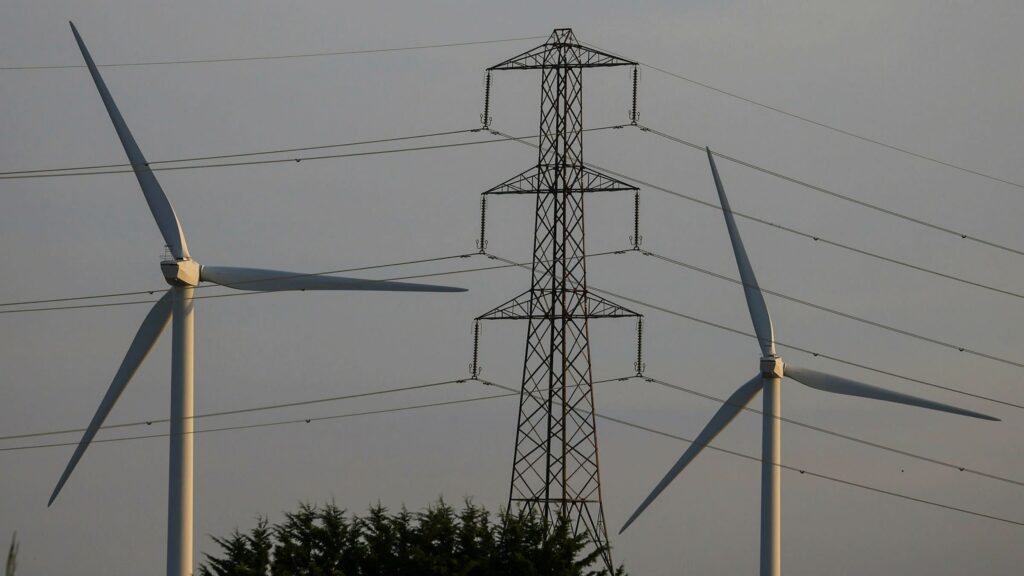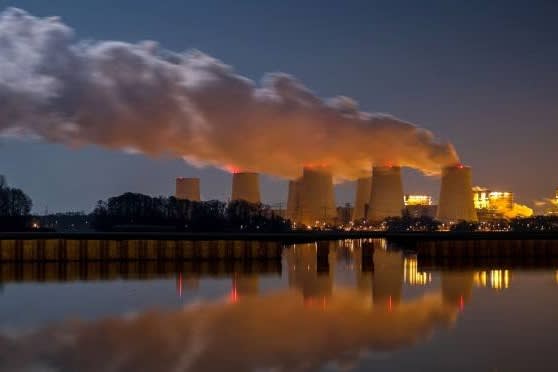UK selects two carbon capture schemes for fast track

Two multibillion-pound carbon capture and storage schemes in the north-east and north-west of England will be fast-tracked with the aim of having the technology — seen as vital to achieving net zero emissions — up and running in Britain by the middle of the decade, the UK government announced on Tuesday.
It has selected the East Coast Cluster project centred on Hull and Middlesbrough, which is backed by groups including BP, Drax, Norway’s Equinor and SSE. Its developers claim it will eventually have capacity to capture almost 50 per cent of the UK’s industrial emissions before storing them in disused oil and gasfields in the North Sea.
Ministers have also backed the HyNet project in Liverpool Bay which was set up by Italy’s Eni and Progressive Energy.
Five different projects were all vying to become the first in the UK to use carbon capture technology to slash emissions from industry and power generation.
Greg Hands, the energy minister, said the two schemes would be assessed on a value for money basis to establish if they qualify for support from CCUS, a £1bn government funding programme set up in 2018 to encourage innovation in carbon capture technology.
Another project on the east coast of Scotland, that includes the Acorn carbon capture and storage scheme north of Aberdeen, was designated as a “reserve cluster”, which would make it potentially eligible for state funding if one of the other successful initiatives was discontinued. Acorn is backed by companies including Shell, ExxonMobil, Ineos and Petrofac.
The announcement on Tuesday was part of the government’s wider Net Zero Strategy laying out its plans to end net emissions of greenhouse gases by 2050.
It marks a significant step forward in the UK’s efforts to build carbon capture projects at scale after previous failed efforts that date back nearly 16 years. Former governments cancelled funding competitions to get carbon capture off the ground in Britain, most recently in 2015.
The technology involves the capture of CO2 from industrial processes, power generation and the production of so-called low-carbon hydrogen and then either reusing it or permanently storing it deep underground so it cannot re-enter the atmosphere.
Carbon capture is viewed as crucial by organisations including the Climate Change Committee to achieving the UK’s 2050 net zero emissions target. But environmental groups warn not all CO2 is captured in the process and fear it will merely prolong the use of fossil fuels.
Last year the UK emitted around 326m tonnes of carbon. Under upgraded plans published on Tuesday, the government said it would need four CCS schemes by 2030 to capture 20m to 30m tonnes a year across the economy. Developers argue all five projects would be needed to help the UK achieve net zero.
It is still not clear how the first carbon capture projects will be funded in Britain, with ministers examining possible funding models.
Hands said that deploying the first two projects “would carry with them significant risks to deliver by the mid-2020s”.
The decision to keep the Acorn project in reserve sparked criticism from Scotland’s energy secretary Michael Matheson, who argued it was “completely illogical” the scheme was not fast-tracked as it was the most “cost-effective and deliverable”.
Climate Capital

Where climate change meets business, markets and politics. Explore the FT’s coverage here.
Are you curious about the FT’s environmental sustainability commitments? Find out more about our science-based targets here